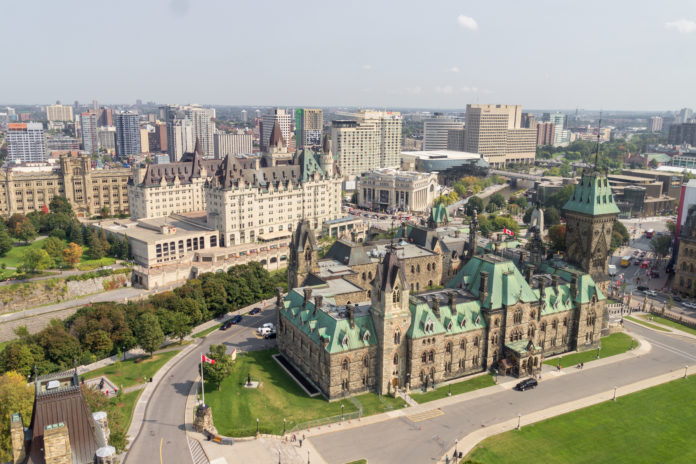
Canada’s spousal sponsorship application processing times came down at the end of 2020 – but advocates say a lot more still needs to be done.
Misha Pelletier, spokesperson for Spousal Sponsorship Advocates, says a lot of applicants under the spousal sponsorship program for permanent residency in Canada are still seeing delays of as much as much as 34 months.
“People still need to submit their applications paper-based and still need to send their passports in the mail, so there’s room for loss. There’s room for error,” says Pelletier.
Not everyone agrees the processing times are so long.
According to an article in the Toronto Star, the average processing time is now 17 months for overseas applications and 15 months for in-Canada applications, up from the 12 months it took to process applications before the pandemic.
Everyone does agree, though, that Canada should speed things up and clear out the backlog of spousal sponsorship applications.
Read More
Canada Immigration From India: Here’s Where You Can Submit Biometrics
Submission Window for Canada’s Parents and Grandparents Program Closes Tomorrow, November 3
Spousal Immigration Application Processing Boosted to 6,000 Per Month: IRCC
In late September last year, Immigration, Refugees and Citizenship Minister Marco Mendicino unveiled a plan to speed up spousal applications and help families build their lives together in Canada.
“We understand that the last few months have not been easy for those who are far from their loved ones in these difficult times,” said the immigration minister in September.
“This is why we are accelerating the approval of spousal applications as much as possible,” he said. “Our government will continue to find new ways to keep families together.”
Canada Boosts Staff to Decide on Spousal Sponsorships by 66%
Ottawa upped the number of people who make decisions on these spousal applications by 66 per cent in the last quarter of 2020.
The Canadian immigration department also availed itself of new technology under a pilot project to digitize paper applications so they could be processed more efficiently by IRCC employees working remotely and at various worksites.
The government also pledged itself to undertake another pilot project to use technology to conduct interviews with applicants remotely, in adherence with public health protocols.
“We’re in 2021. It’s about time,” says Pelletier.
Those initiatives were expected to enable the government to put through about 6,000 spousal applications each month from October through to the end of December. The target was 49,000 spousal applications by the end of 2020.
| Spousal* Applications Processed for Permanent Residence between Oct. 1 through to Dec. 31, 2020 (in persons) | ||||
| Decision Month | Approved | Refused | Withdrawn | Grand Total |
| October | 4,945 | 246 | 131 | 5,322 |
| November | 5,436 | 313 | 106 | 5,855 |
| December | 4,435 | 278 | 109 | 4,822 |
| Grand Total | 14,816 | 837 | 346 | 15,999 |
| *Spouses, partners and Family Class Humanitarian (FCH) are considered as Spousal | ||||
Ottawa fell short of that goal, processing 15,999 applications in the last three months of 2020 and approving only 14,816. The number of refused applications was 837 and 346 were withdrawn.
Pelletier says that’s not good enough. In an interview, she gave the Canadian immigration department only 50 per cent, which she described as a failing grade.
Backlog of Spousal Sponsorships Goes Back Almost Three Years
“Until we see the 2017 to 2019 backlog of applicants cleared away, we won’t be satisfied,” she said. “There are a lot of babies being born without their fathers.”
During the COVID-19 pandemic, she estimates it should take no more than 15 months for the government to process spousal sponsorship applications. Once the pandemic is over, she would like to see that processing time cut to six to nine months.
In an interview with TVO, Mendicino has said that his vision is for the Canadian immigration system to be “completely virtual and touchless and that each and every one of these steps is integrated so that we become the envy of the world.”
Canada has already moved citizenship ceremonies and some of its other processes online.
But Pelletier says spousal sponsorship applications are lagging far behind any moves to digitize the rest of the immigration system. She says the in-person eligibility interviews for spouses are being delayed during the pandemic, creating an even greater backlog as COVID-19 public health measures drag on.
“The visa offices outside of Canada need a lot of work,” she says.

